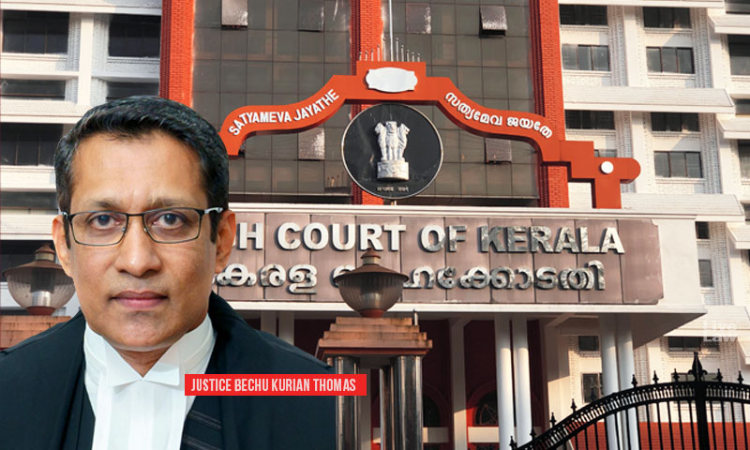Aadhaar Card Not Recognized As Document For Proof Of Date of Birth Under Juvenile Justice Act: Kerala High Court
Athira Prasad
18 Nov 2022 4:10 PM IST

Next Story
18 Nov 2022 4:10 PM IST
The Kerala High Court on Thursday observed that Aadhaar card is not recognized by the Juvenile Justice (Care and Protection of Children) Act, 2015, as a document of proof of the date of birth of an accused under the Act.Justice Bechu Kurian Thomas observed that when there is a dispute regarding the age of an accused, if a certificate from the school is available, which specifies the date...
